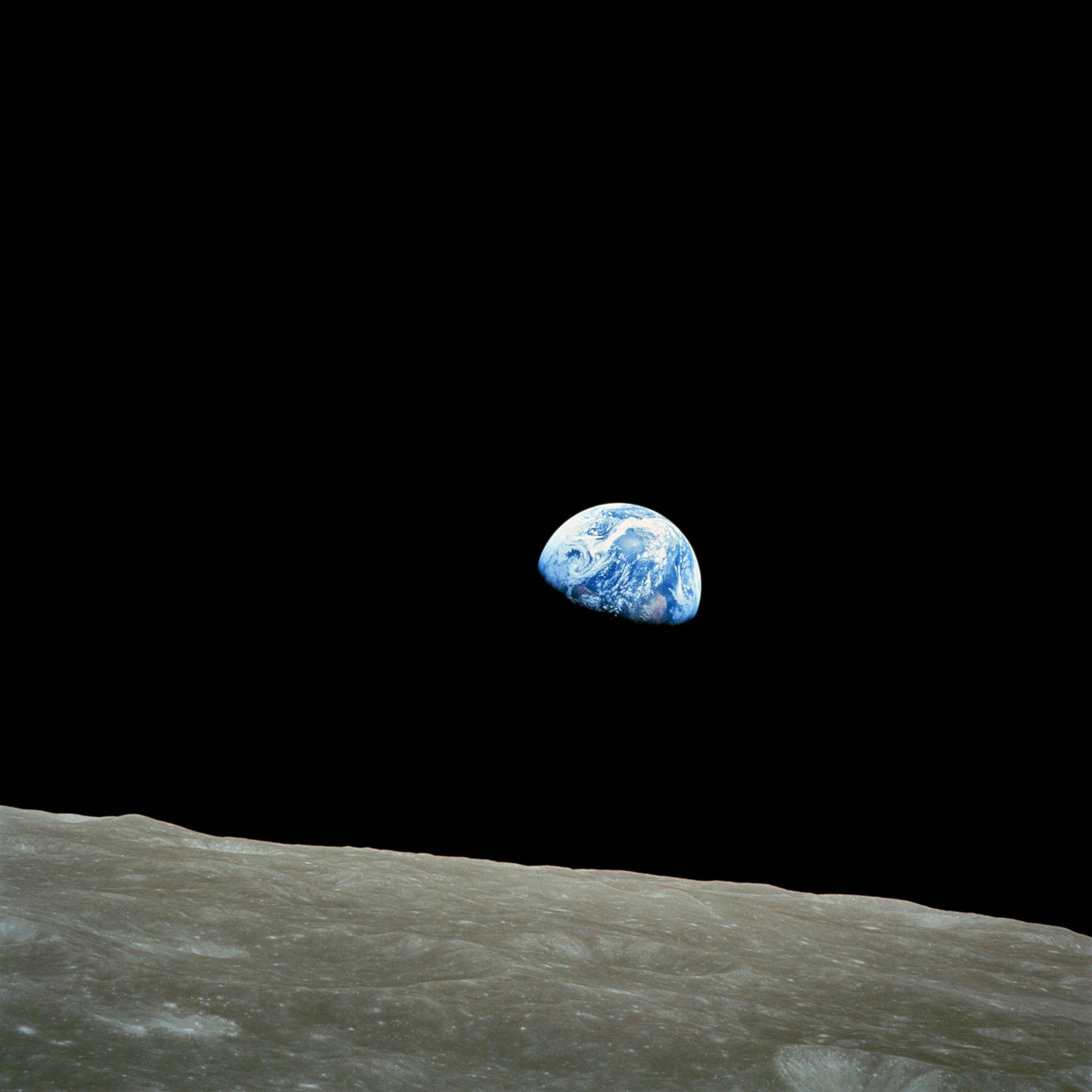Title: The Legal Intricacies of Interplanetary Resource Extraction
In an era of rapid technological advancement and space exploration, the legal landscape surrounding interplanetary resource extraction is evolving at an unprecedented pace. As private companies and governments alike set their sights on mining asteroids and establishing lunar bases, complex legal questions arise regarding ownership, sovereignty, and environmental protection beyond Earth's atmosphere. This article delves into the emerging field of space law and its implications for the future of cosmic resource utilization.

The Space Act of 2015: A Game-Changer for Commercial Space Activities
In 2015, the United States passed the Commercial Space Launch Competitiveness Act, also known as the Space Act. This legislation grants U.S. citizens and companies the right to own and sell space resources they extract, marking a significant shift in the legal framework governing space activities. The Act has sparked debate among international legal scholars and raised questions about its compatibility with existing space treaties.
International Reactions and Competing Legislation
Following the U.S. Space Act, other nations have begun developing their own space resource laws. Luxembourg, for instance, passed legislation in 2017 establishing a legal framework for space mining activities. These national laws have prompted discussions at the United Nations Committee on the Peaceful Uses of Outer Space (COPUOS) about the need for a cohesive international approach to space resource utilization.
Environmental Concerns and Planetary Protection
As the possibility of large-scale space mining operations looms, legal experts are grappling with questions of environmental protection and planetary preservation. The concept of planetary protection, which aims to prevent biological contamination of celestial bodies, presents unique challenges in the context of resource extraction. Legislators must strike a balance between enabling scientific and commercial activities and safeguarding the pristine environments of other worlds.
Dispute Resolution in the Final Frontier
With multiple stakeholders vying for cosmic resources, the potential for conflicts is significant. Traditional terrestrial legal mechanisms may prove insufficient for resolving disputes in the space domain. As a result, legal scholars are exploring innovative approaches to space-based arbitration and the establishment of specialized tribunals to handle interplanetary legal issues.
The Role of International Organizations in Shaping Space Law
Organizations such as the United Nations Office for Outer Space Affairs (UNOOSA) and the International Institute of Space Law (IISL) play crucial roles in developing and interpreting space law. These bodies facilitate discussions among nations, promote legal research, and provide forums for addressing emerging challenges in the field of space jurisprudence.
Ethical Considerations and the Common Heritage of Mankind
The concept of space as the common heritage of mankind, introduced in the Moon Agreement of 1979, raises ethical questions about the equitable distribution of space resources. While the Moon Agreement has not been widely ratified, its principles continue to influence debates on the moral implications of space exploitation and the rights of developing nations to benefit from cosmic resources.
Conclusion: Charting a Course for the Future of Space Law
As humanity extends its reach beyond Earth, the legal framework governing space activities must evolve to address new challenges and opportunities. The development of space law will require collaboration among nations, innovative legal thinking, and a careful balance between encouraging exploration and preserving the cosmos for future generations. As we stand on the brink of a new era in space exploration, the decisions made today will shape the legal landscape of tomorrow’s interplanetary society.






